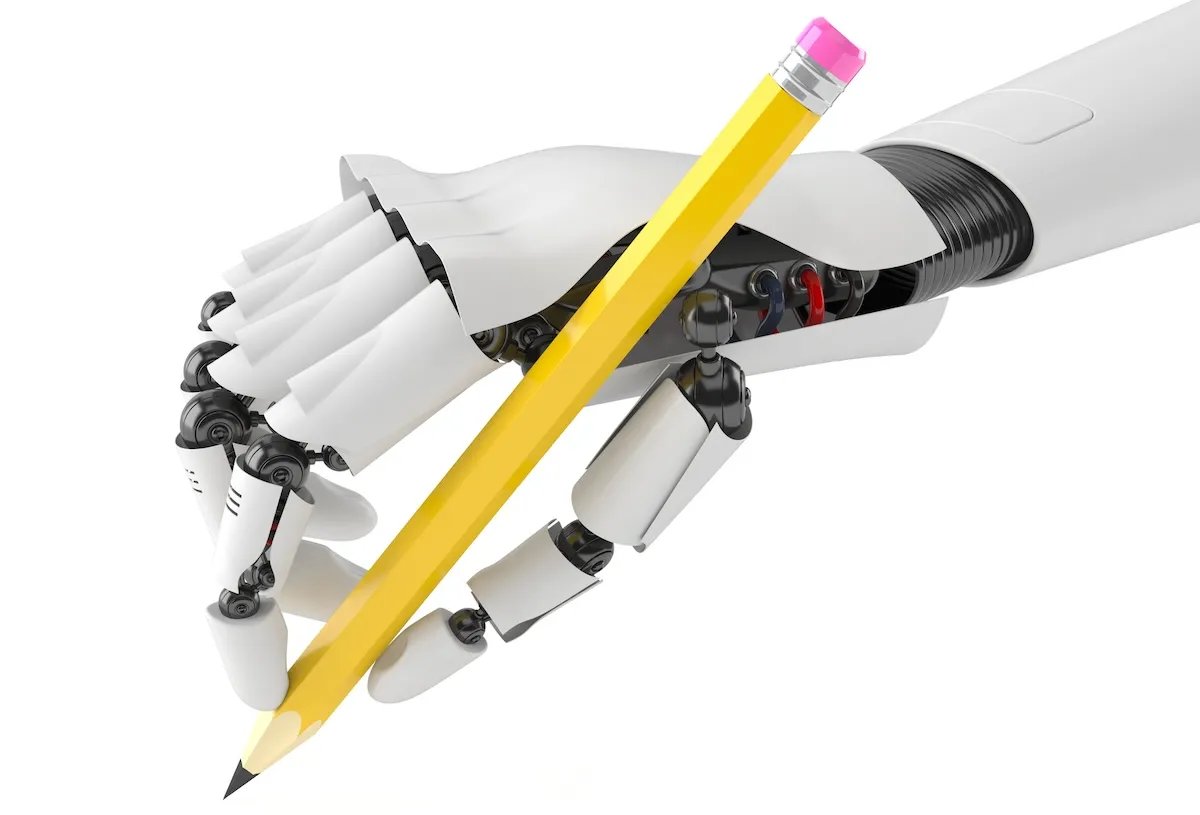Neuroengineers at MIT have developed a new kind of fuel cell that is small enough to be implanted in the human body and can generate electricity from the glucose already present in your cerebrospinal fluid. The power from these cells would allow you to generate enough electricity to power sensors that can decode your brain activity and interface with cool peripheral gadgets and prothetic limbs. A cyberpunk future is surely close at hand.
Your cerebrospinal fluid — the fluid that hangs out around your brain and spinal cord — has a bunch of glucose in it. These tiny fuel cells snag just a little bit of that stuff and use platinum to strip electrons off the glucose molecules, similar to what your cells normally do using enzymes. This process can be used to generate somewhere around several hundred microwatts, roughly equivalent to the kind of power you can get from the solar cells attached to a calculator. In other words, it’s enough power to do stuff.
When it comes to advantages, these new cells have several features that give them an edge on current implants. First, these cells are 100% synthetic meaning that, unlike the fuel cells that often power pacemakers, these cells don’t require any sort of enzyme-fuel that needs to be replenished. In addition, this specific synthetic makeup also makes it relatively non-threatening as far as your body is concerned. As an added bonus, cerebrospinal fluid hardly has any cells, so there aren’t any local white blood cells around to see it and freak out.
There are a few caveats, however; there always are. The largest model of the fuel cells (shown above) are 64 square millimeters or roughly 2.5 square inches, a bit to large to fit in a brain. There are smaller models, down to a few millimeters, which could probably be implanted in the spine, but these probably generate a lot less electricity than their larger counterparts. Still, in teams of a dozen or so, they could probably get some work done. There’s also the fact all the really cool smart-prothetics and cyber-eyes and stuff still need to be invented, and the implants that already do exist are going to have to be modified before they can subsist on the power from these chips. That said, it’s a very possible conversion.
MIT researchers are hoping that this technology can lead to completely self-sufficient implanted devices in the very near future which could really increase the number of things you can realistically expect an implant to be able to do. We’re not quite living in the future, but we’re getting close. If you want to get a head start on theorizing whether or not replacement of phsycial organs by cybernetics actually diminishes a person’s humanity, now might be a good time to start.
(via ExtremeTech, image via MIT)







